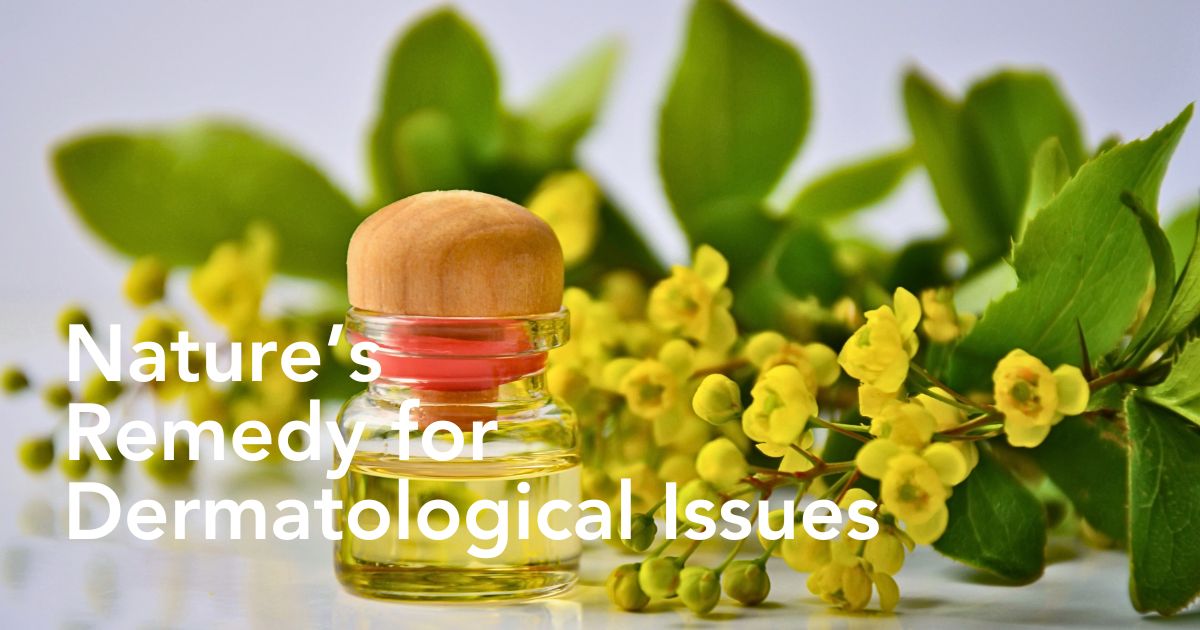In the modern quest for beauty and glowing, healthy skin, people often overlook one of the oldest and most effective resources: herbs for skin care. For thousands of years, civilizations worldwide have harnessed the healing properties of medicinal plants to address different skin concerns, from inflammation and acne to premature aging and dryness. As individuals increasingly seek natural alternatives to synthetic skin care products, understanding which herbs are good for the skin has become more relevant than ever.
The resurgence of herbal skin care isn't just a fad—it is a return to time-tested knowledge backed by modern scientific research. For years, flowers, plants, and herbs have been used in traditional medicine and therapy. Herbs for skin care offer a unique combination of bioactive compounds that work synergistically with the skin's natural processes, providing gentle yet effective solutions for a wide range of dermatological concerns.
Ancient Wisdom and the Historical Use of Herbs in Skin Care
The use of herbs for the skin and healing plants dates back more than 5,000 years to ancient civilizations, including the Sumerians, Egyptians, Indians, and Chinese. Ancient Egyptian women, including the legendary Cleopatra, incorporated herbs like thyme, marjoram, chamomile, lavender, lily, peppermint, rosemary, cedar, rose, aloe, and various oils into their daily beauty rituals. These herbs, specific for skin care, were not just cosmetic; rather, they also functioned as protection against harsh conditions like desert climates and the sun's damaging rays. Speaking of deserts, here are 10 best desert plants to grow at your home.
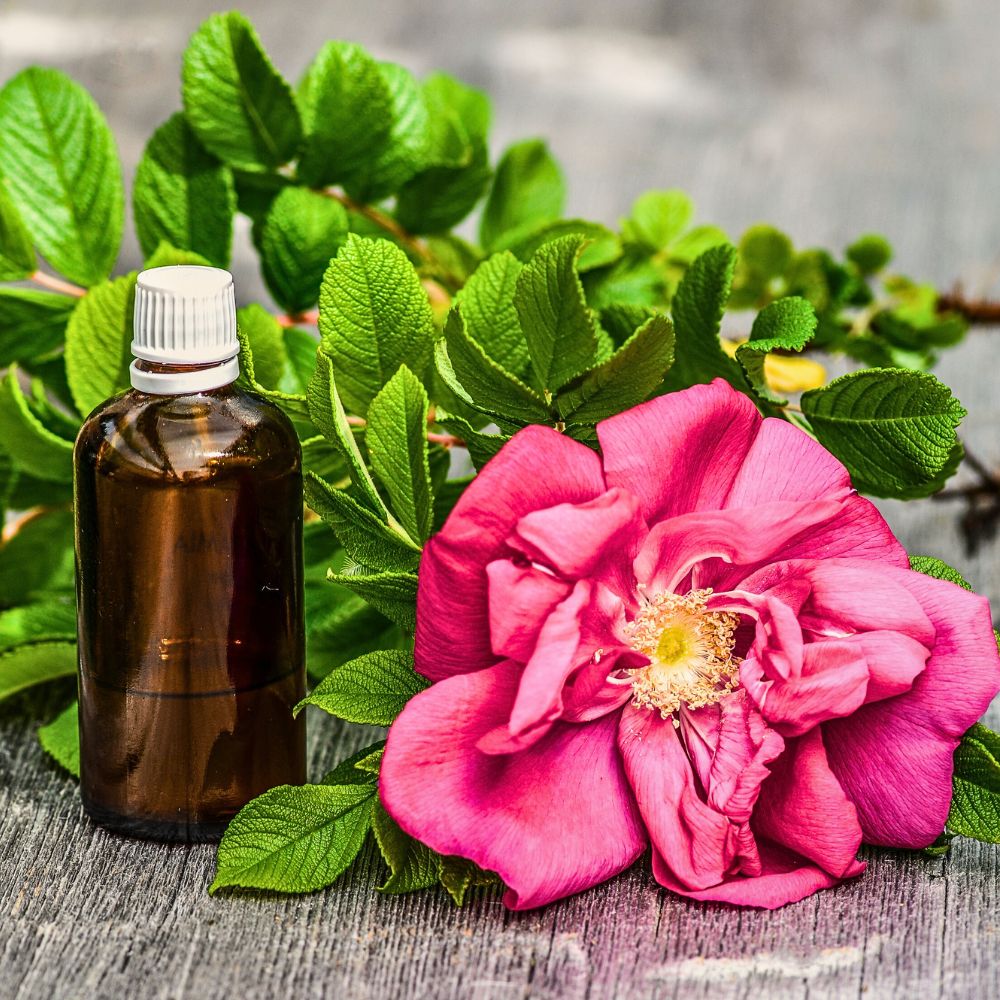
The Ancient Egyptians, for instance, created advanced herbal formulations, including anti-wrinkle creams made from aloe, myrrh, and frankincense, which possessed anti-inflammatory properties that kept the skin free from blemishes and acne. Similarly, traditional Chinese medicine has, for a long time, embraced herbs for both the nervous system and skin health. They recognize the connected nature of overall wellness and skin appearance.
In Ayurvedic medicine, herbs that are good for the skin have been extensively documented for centuries. This ancient Indian medical system, also simply known as Ayurveda, is based on ancient writings that rely on a natural and rounded approach to physical and mental health. Ayurvedic medicine is one of the world's oldest medical systems and remains one of India's traditional health care systems.
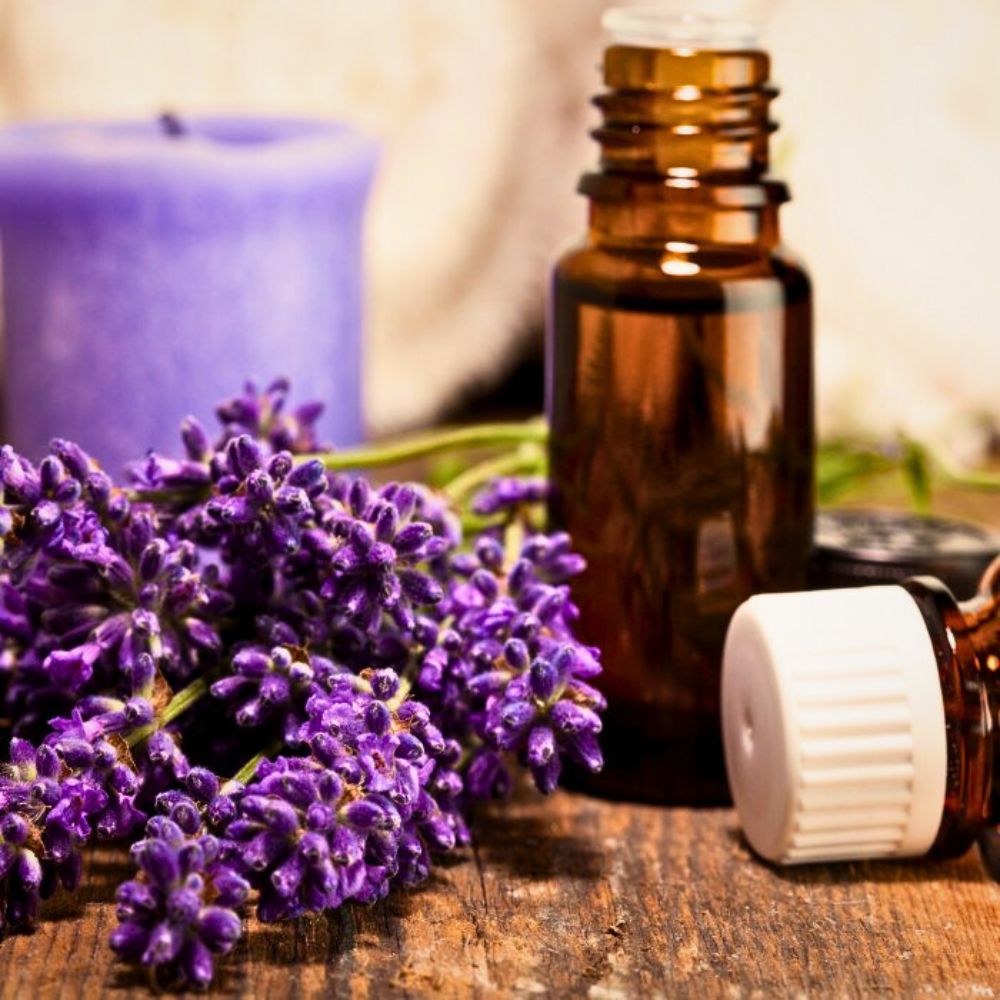
In this ancient Indian medical system, herbalists like Charaka, Sushruta (who is considered the Father of Indian Medicine), Agnivesha, Vagbhata, Jivaka, Kasyapa, and Atreya, among others, described numerous medicinal herbs and plants with remarkable skin-healing properties. This traditional knowledge largely forms the foundation of modern herbal skincare practices.
The Science Behind Why Herbs Are Ideal for Skin Care and Natural Beauty
The effectiveness of herbs for the skin lies in their ideal biocompatibility with human skin. Unlike synthetic ingredients that can disrupt the skin's natural protection, herbal compounds closely mimic the natural oils, lipids, and structures found in healthy skin. This biocompatibility means that plant-based ingredients are more readily absorbed and accepted by the skin cells, making them highly effective in treating various skin conditions.
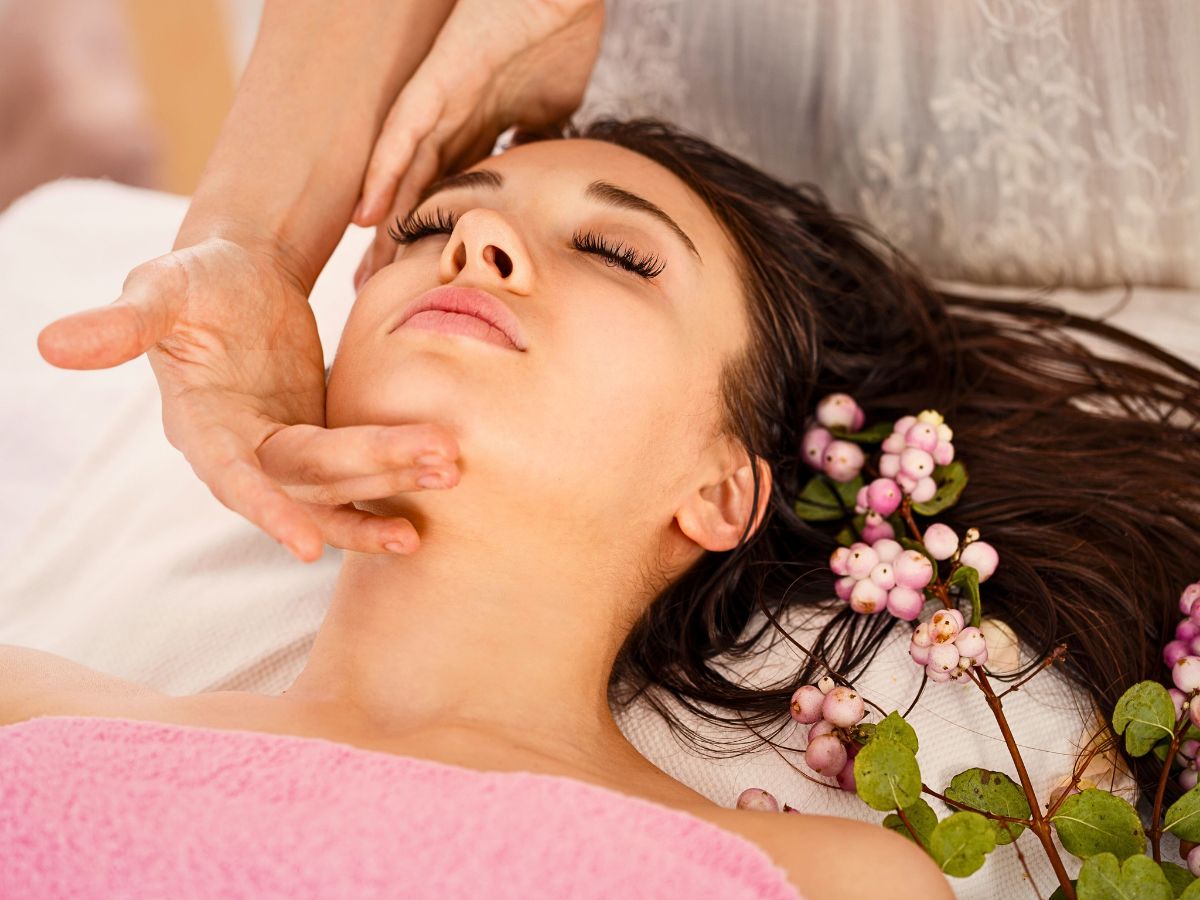
Herbs for skin inflammation are particularly valuable because they contain potent anti-inflammatory compounds that work at the cellular level. These natural bioactive ingredients help reduce redness, soothe irritation, and promote healing without the harsh side effects often associated with synthetic alternatives. Additionally, herbal ingredients are rich in antioxidants, which are essential for protecting the skin from environmental stressors such as pollution, UV rays, and free radicals that can cause premature aging and cellular damage.
The therapeutic benefits of herbs for skin care extend past surface-level improvements. Many medicinal plants contain compounds that support the herbs for the nervous system, creating an all-inclusive approach to skin health. Since stress and anxiety can significantly impact skin condition, herbs that calm the nervous system often provide additional benefits for overall skin wellness.
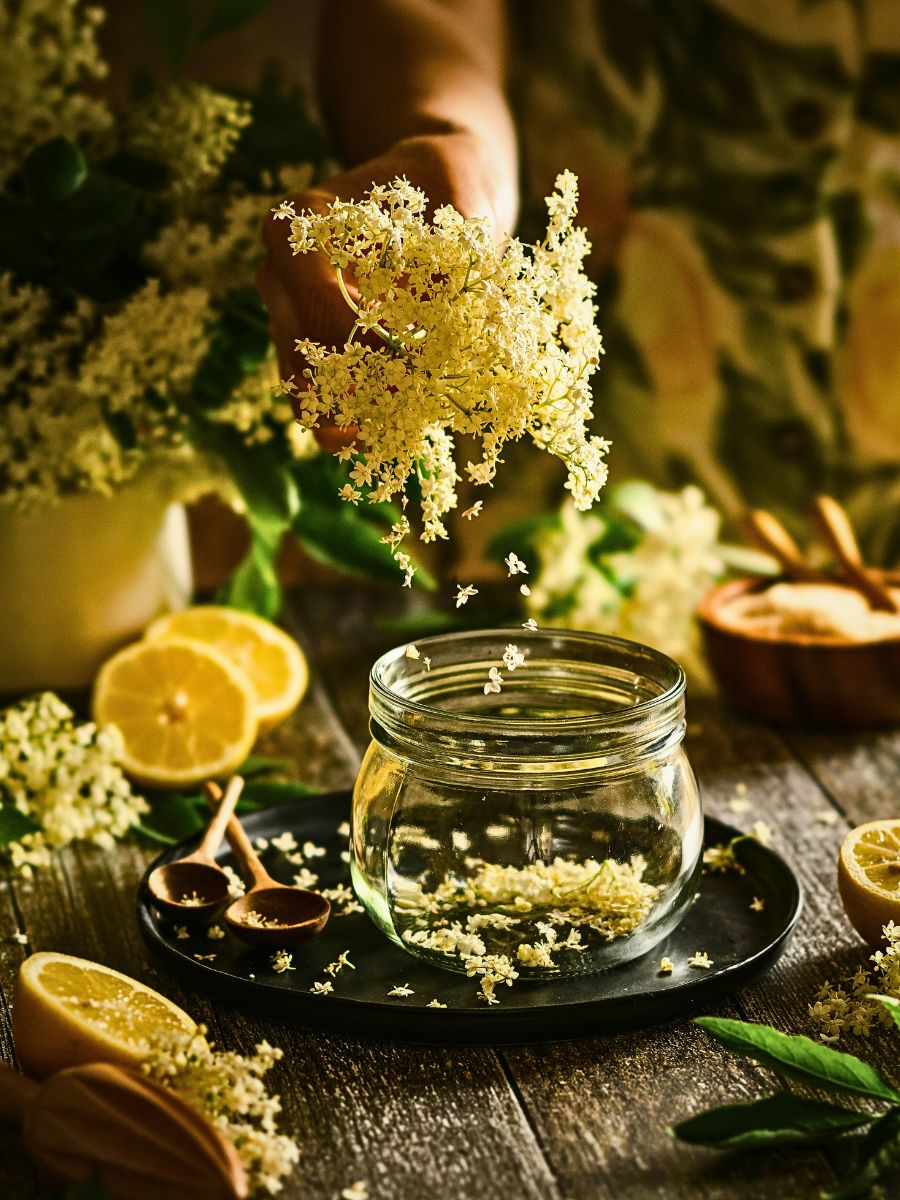
The 10 Most Powerful Herbs for Perfect Skin Health
Be it that one seeks solutions for inflammation, aging, acne, or general skin wellness, several time-tested botanical supporters provide safe, effective alternatives to synthetic skin care ingredients, working pleasantly with the skin's natural processes. From ancient beauty rituals to modern dermatological research, these herbs have consistently proved their ability to heal, protect, and rejuvenate the skin. These ten herbs represent, perhaps, the most scientifically confirmed and traditionally revered botanicals for skin care, each offering unique therapeutic properties that address different skin concerns.
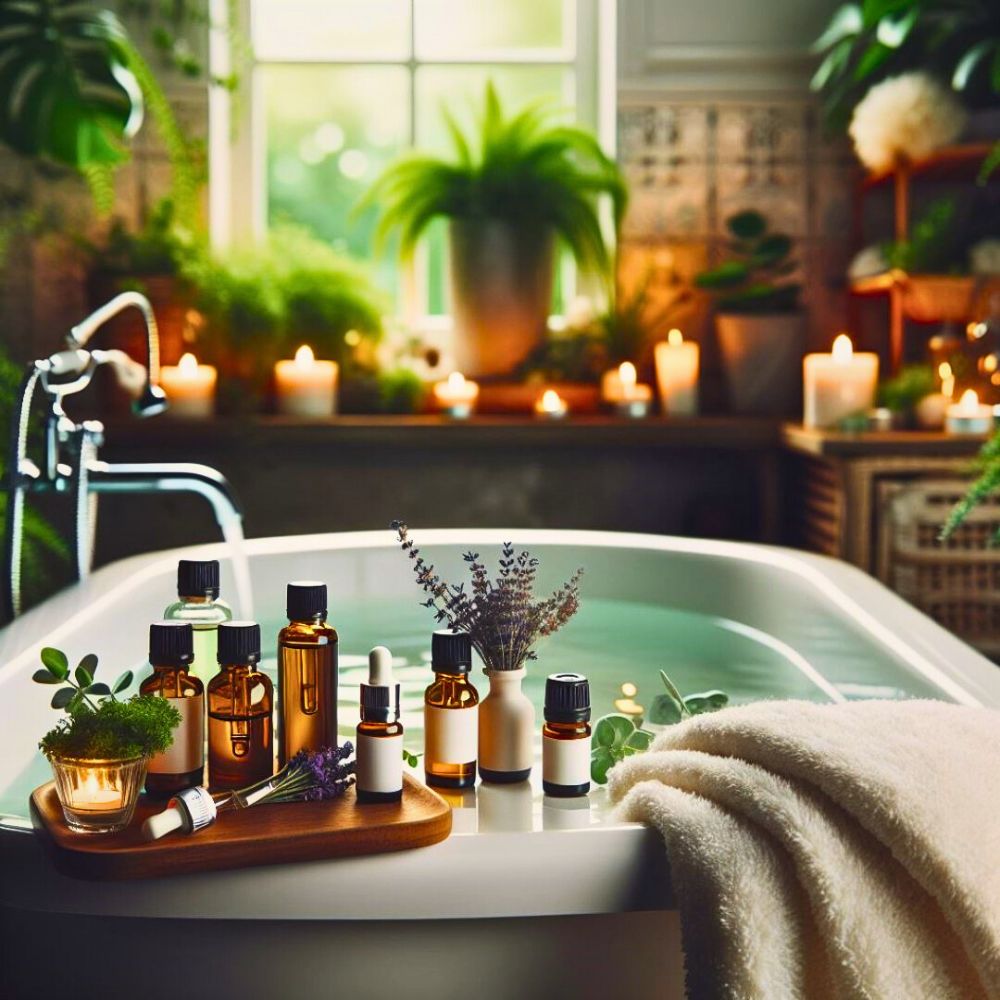
1. Aloe Vera - The Plant of Immortality
Aloe vera remains one of the most valued herbs for the skin, earning the ancient Egyptian title ‘plant of immortality’. This succulent contains more than 75 bioactive compounds, including vitamins A, C, and E, which are essential for skin health. Aloe vera's anti-inflammatory properties also make it exceptionally effective for treating burns, cuts, and sunburns, while its hydrating qualities provide deep moisture without clogging pores. Aloe vera also tops the list as one of the strongest houseplants that you can keep as low-maintenance plants.
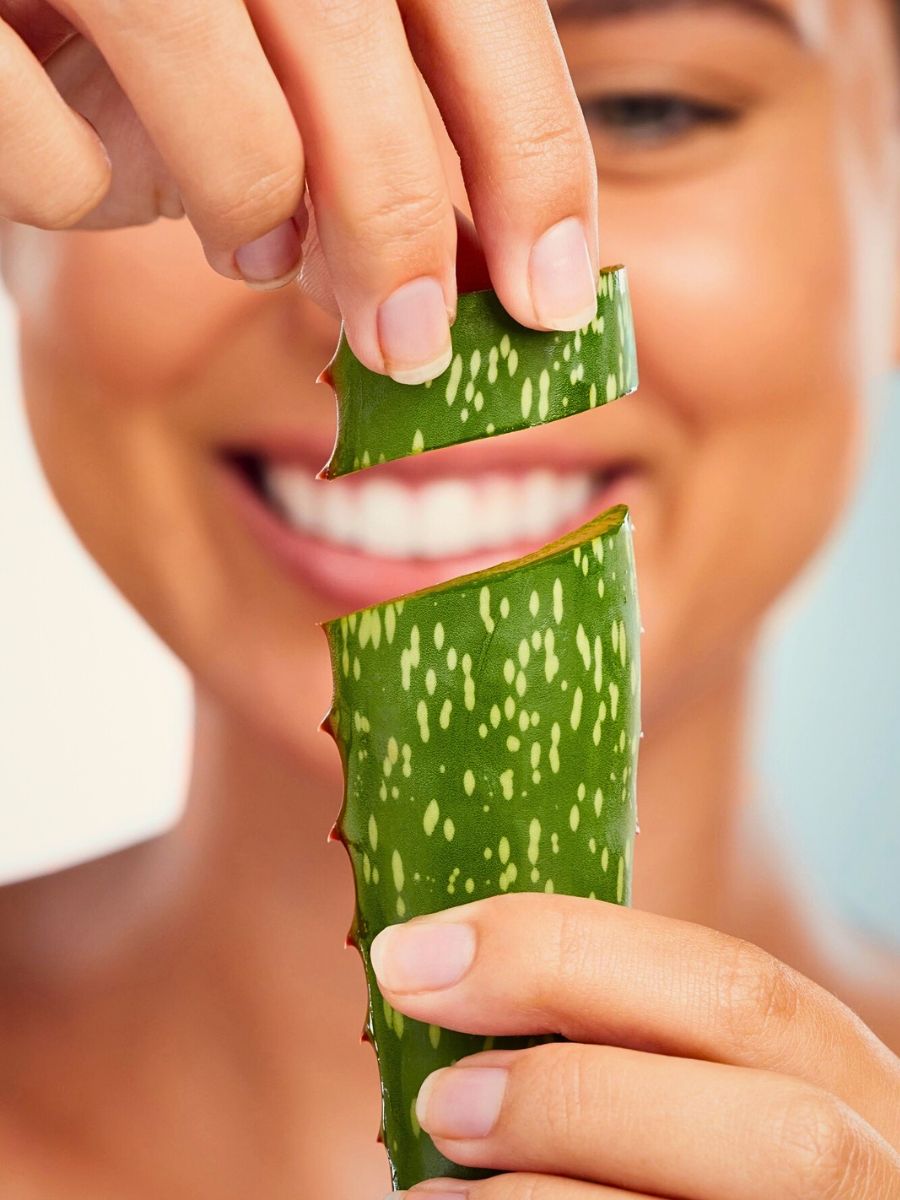
2. Turmeric - The Golden Healer
Turmeric's active compound, curcumin, makes it one of the best herbs for skin inflammation. This golden-hued spice has been used in traditional skin care for ages, offering powerful antioxidant and anti-inflammatory properties that help reduce redness, improve overall skin tone, and combat acne. Ancient cultures recognized turmeric as a potent treatment for various skin issues, and modern research confirms its effectiveness in promoting healthy, radiant skin. Turmeric is also extensively used in Indian herbs and medicine, and the people of Konkani community in Southern India celebrate Holi - the festival of colors, with turmeric water.
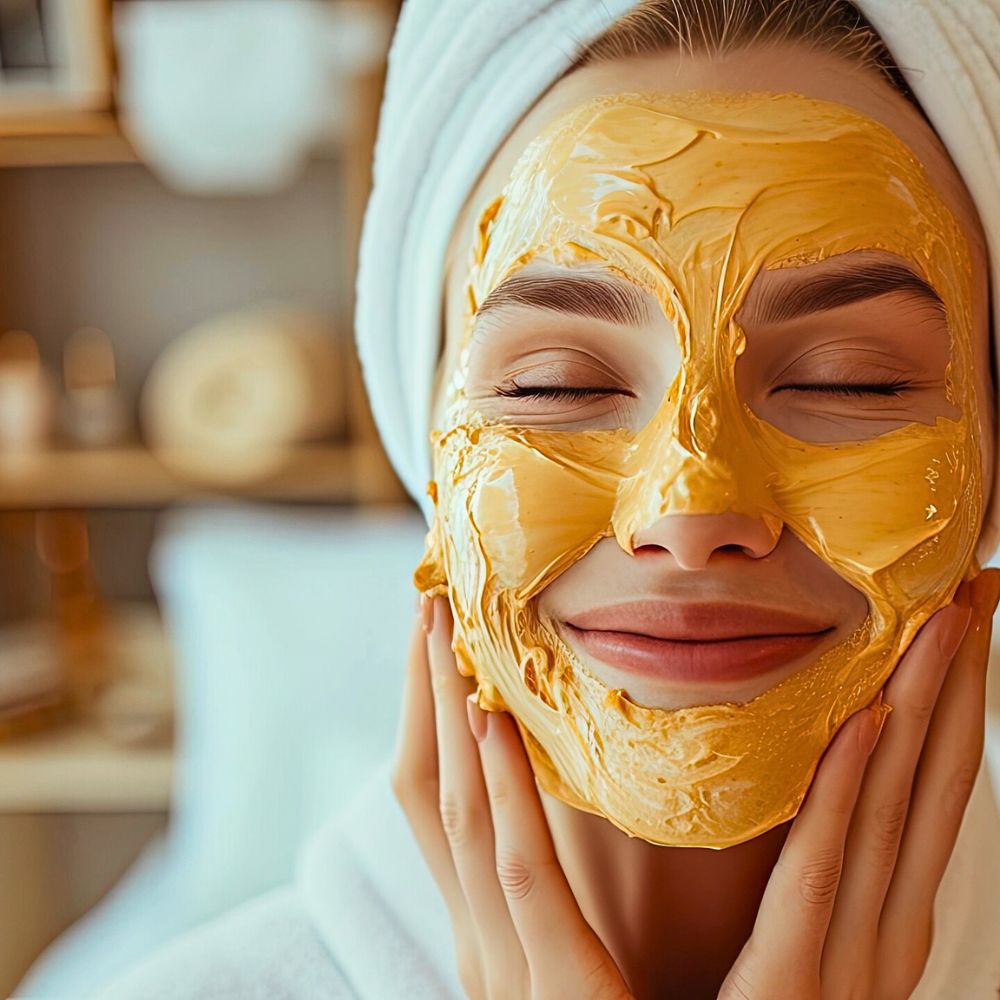
3. Chamomile - The Gentle Soother
Chamomile contains alpha-bisabolol, a powerful compound that reduces inflammation and calms irritated skin. This gentle herb is particularly beneficial for sensitive skin types and conditions like eczema and dermatitis. Ancient civilizations used chamomile not only for its skin-soothing properties but also as support for the herbs for the nervous system, recognizing the connection between mental calm and skin health.
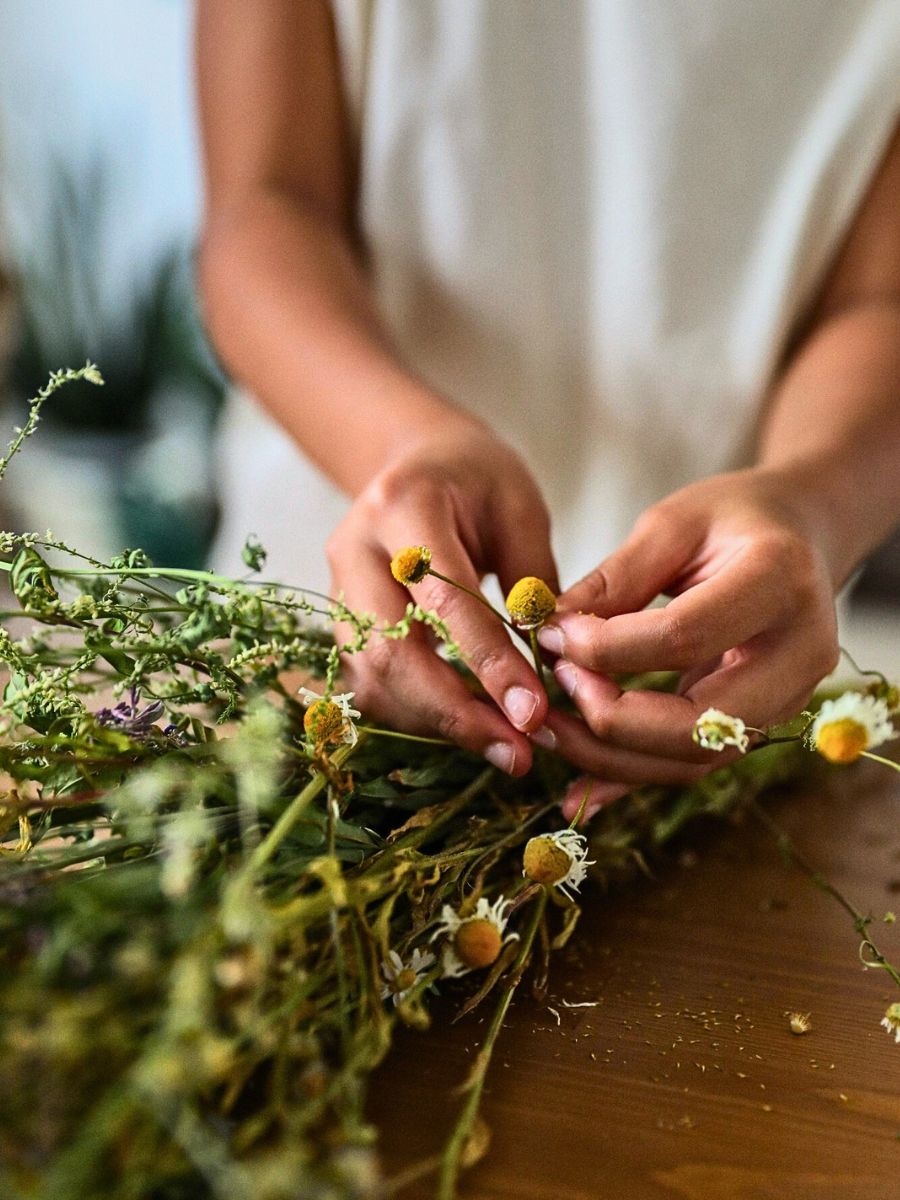
4. Calendula - The Wound Healer
Calendula, also known as marigold, possesses remarkable anti-inflammatory and antiseptic properties that make it one of the most effective herbs for skin healing. Its oil-soluble carotenoids work wonders for dry skin, helping to heal eczema, inflammation, rashes, age spots, and various skin irritations. Traditional herbalists have, for a long time, acknowledged calendula's ability to promote wound healing and reduce the appearance of scars.
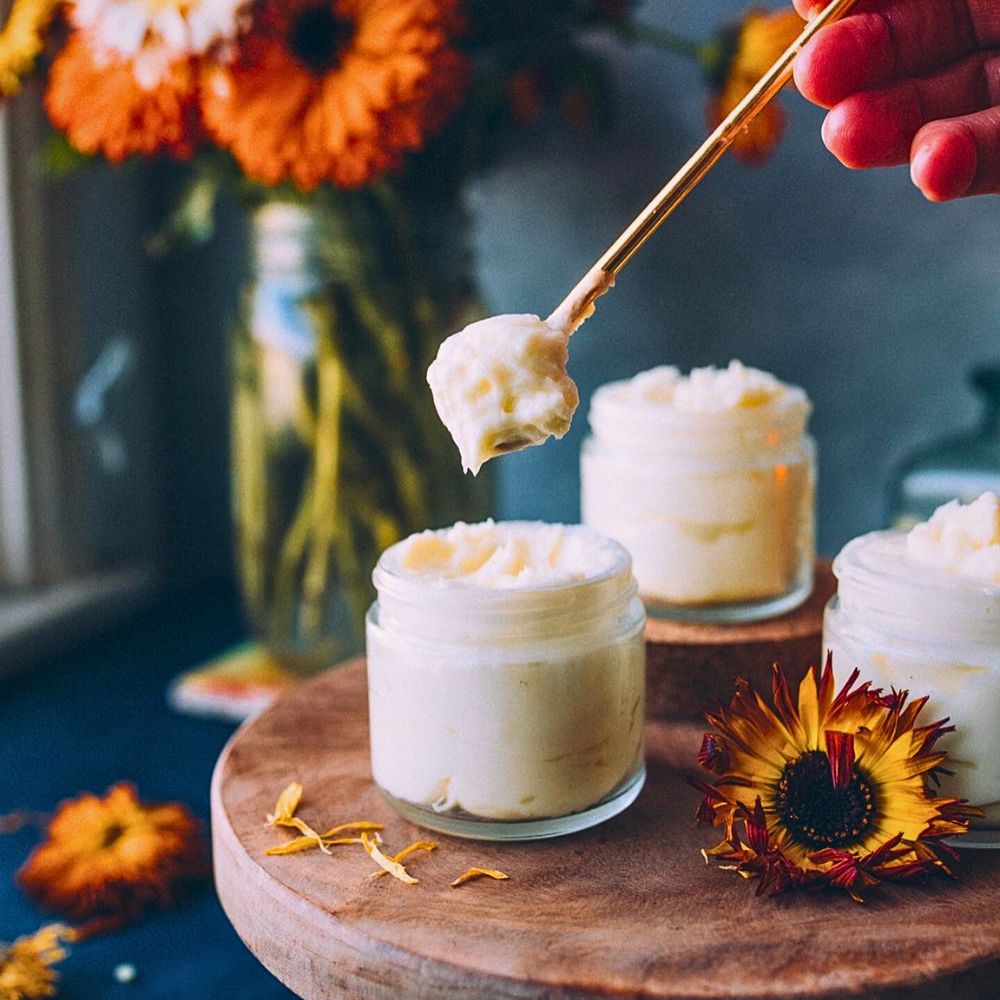
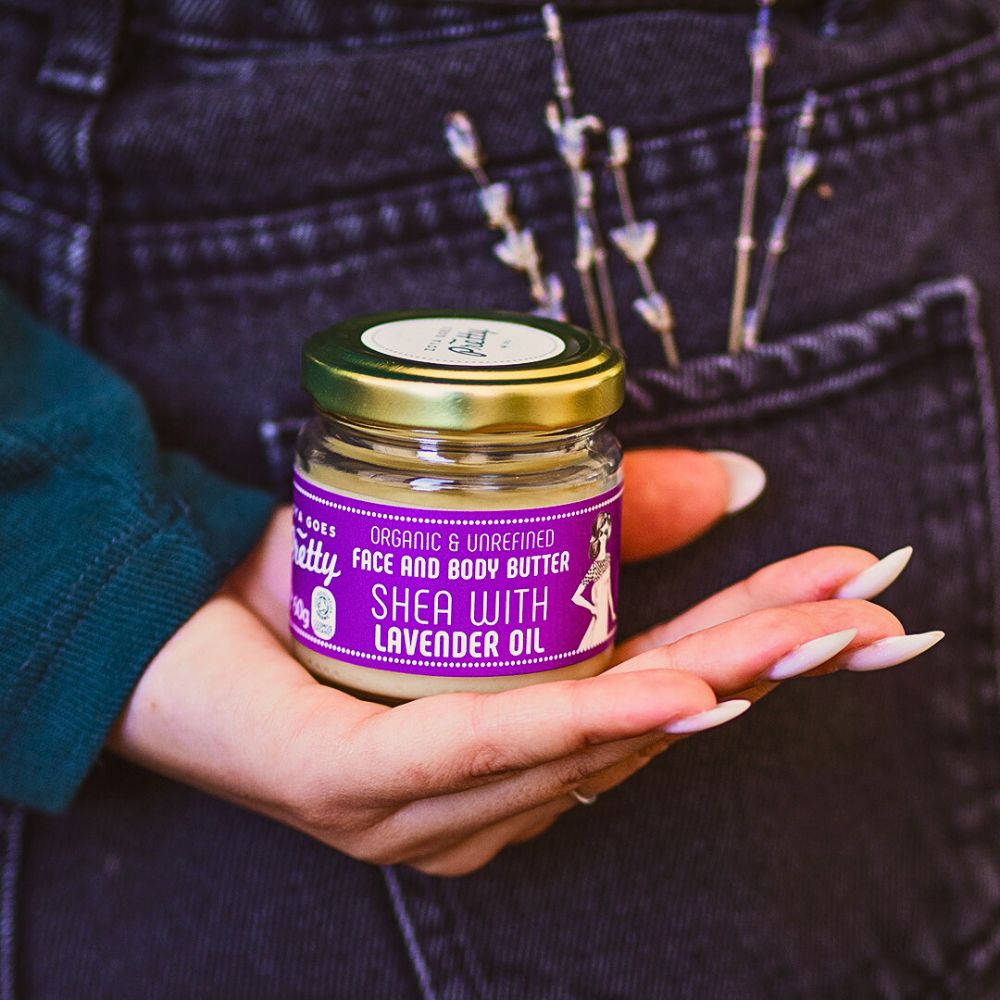
5. Lavender - The Aromatic Healer
Lavender essential oil combines antiseptic and anti-inflammatory properties with a calming aroma that supports both skin health and nervous system relaxation. This versatile herb effectively treats acne, psoriasis, and minor wounds while providing aromatherapeutic benefits that reduce stress—a key factor in skin health. Ancient cultures valued lavender for its dual action on both skin and emotional well-being, enhanced by its fragrance. Lavender also represents one of the Gemini zodiac flowers.
6. Tea Tree - The Antimicrobial Power Plant
Tea tree oil, derived from the Australian plant, Melaleuca alternifolia, contains nearly 100 components, with Terpinen-4-ol being particularly effective against acne-causing bacteria. This potent herb demonstrates broad-spectrum antibacterial, antiseptic, and antimicrobial activity, which makes it highly effective for treating both comedonal and inflammatory acne. Studies show tea tree oil to be as effective as benzoyl peroxide in treating acne, but with fewer side effects.
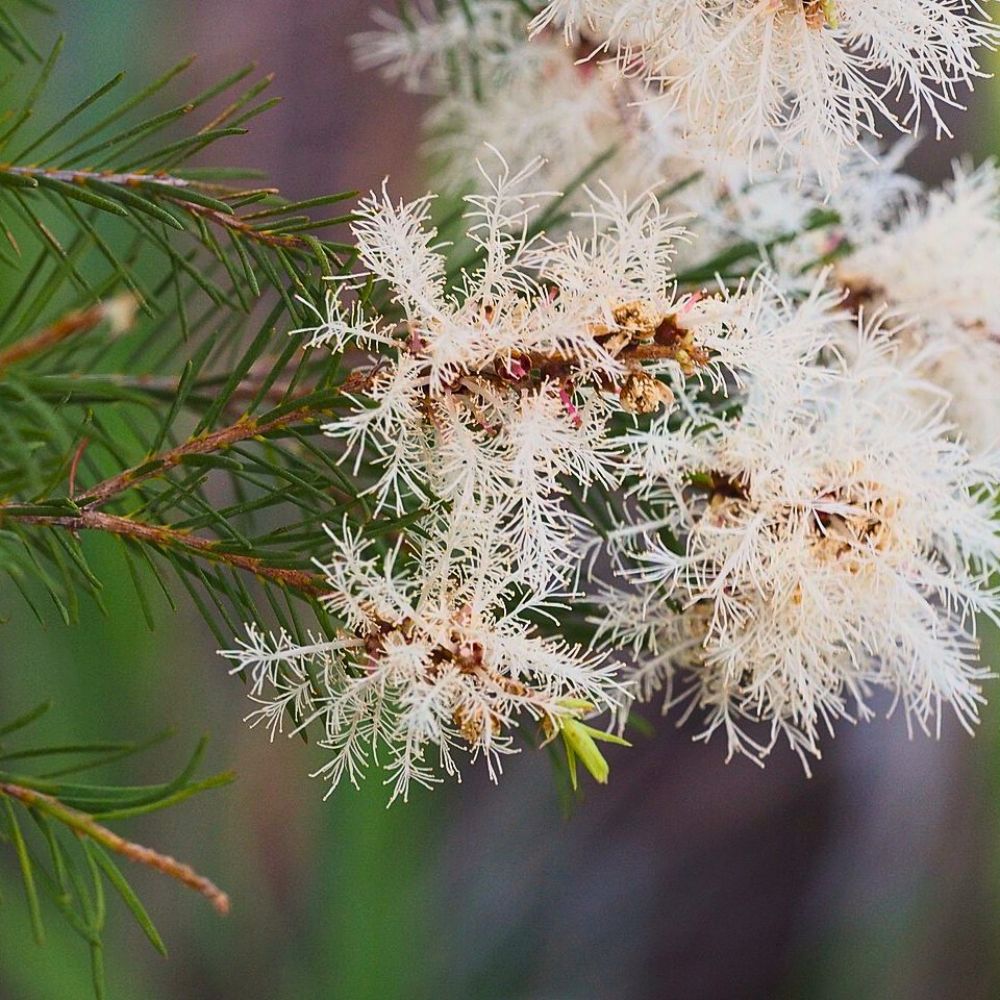
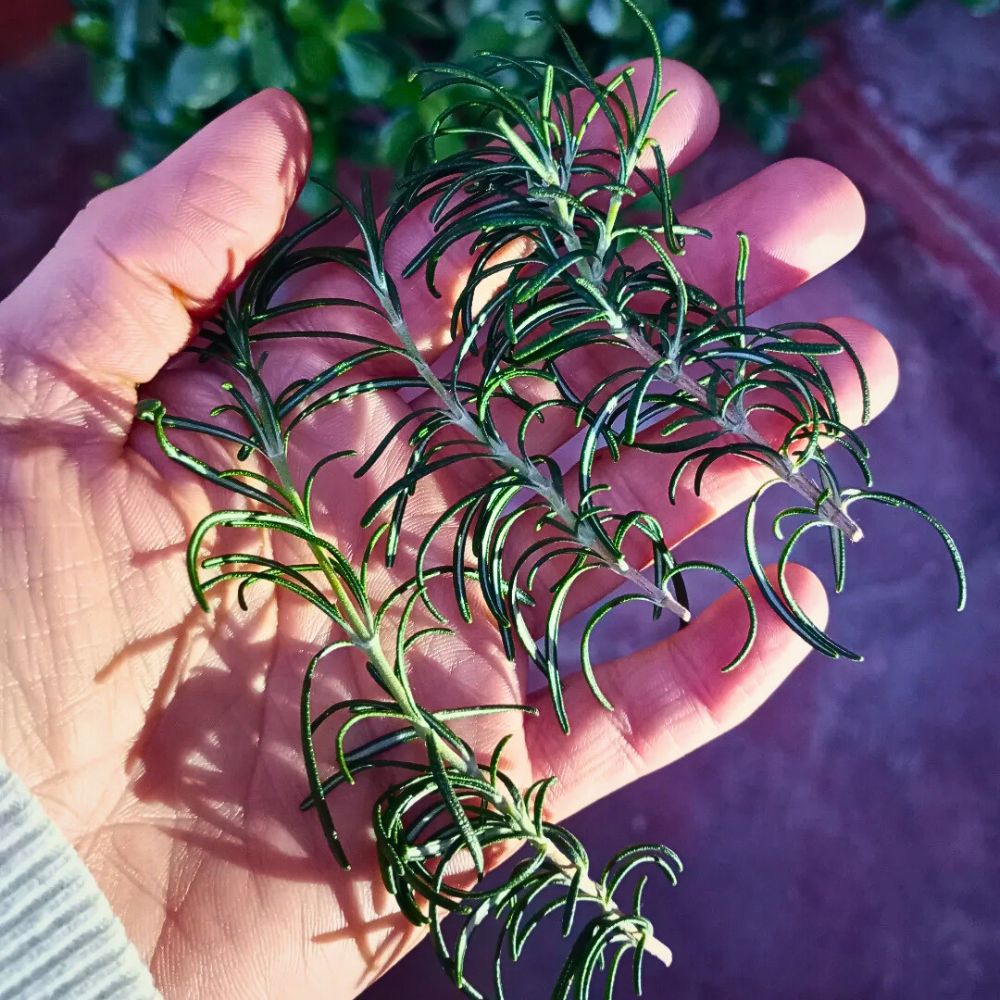
7. Rosemary - The Stimulator of Circulation
Rosemary is a standout among the herbs for skin care due to its ability to stimulate blood circulation and promote cellular respiration. Rich in antioxidants and rosmarinic acid, rosemary helps boost collagen production, improve skin elasticity, and reduce the appearance of broken capillaries. This herb's antiseptic properties make it particularly effective for treating acne, eczema, and dermatitis. Besides its medicinal benefits, rosemary is also one of the preferred flowers to gift your fathers on Father's day.
8. Neem - The Purifying Agent
Neem has been revered in traditional medicine for its effective antibacterial and antifungal properties. This herb effectively treats acne and other skin conditions while purifying the blood and preventing future breakouts. Ancient Ayurvedic practitioners recognized neem as one of the best herbs for skin purification and detoxification.
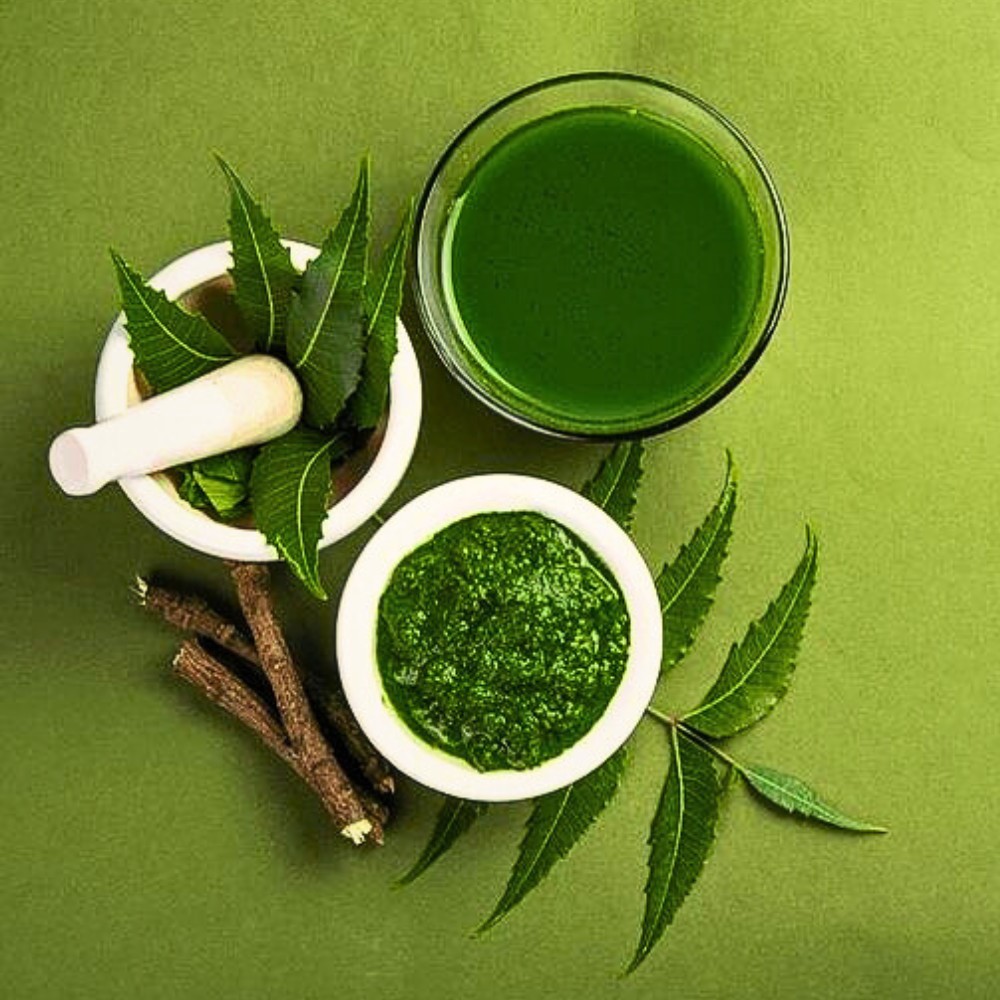
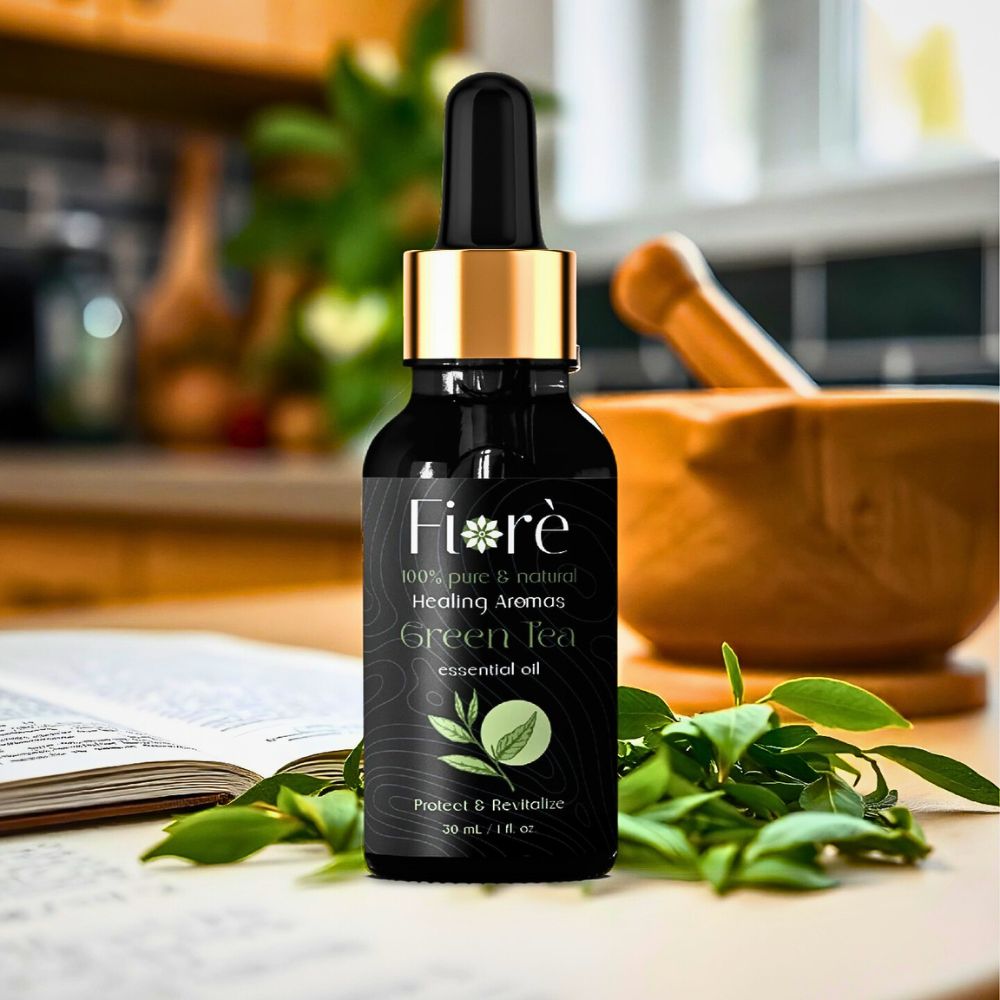
9. Green Tea - The Antioxidant Shield
Green tea's potent antioxidant content makes it exceptional for protecting skin from UV damage and reducing inflammation. This herb soothes the skin, reduces redness, and provides anti-aging benefits by neutralizing free radicals that cause premature aging. Traditional Chinese medicine has always used green tea for its skin-protective properties.
10. Ginkgo Biloba - The Circulation Enhancer
Ginkgo biloba, an ancient medicinal plant, offers remarkable benefits for skin health through its rich antioxidant content and circulation-enhancing properties. This herb helps deliver oxygen and nutrients to skin cells, reduces inflammation, and may help stimulate collagen production. Additionally, ginkgo biloba supports other herbs for the nervous system’s functioning, creating a complete approach to skin wellness.
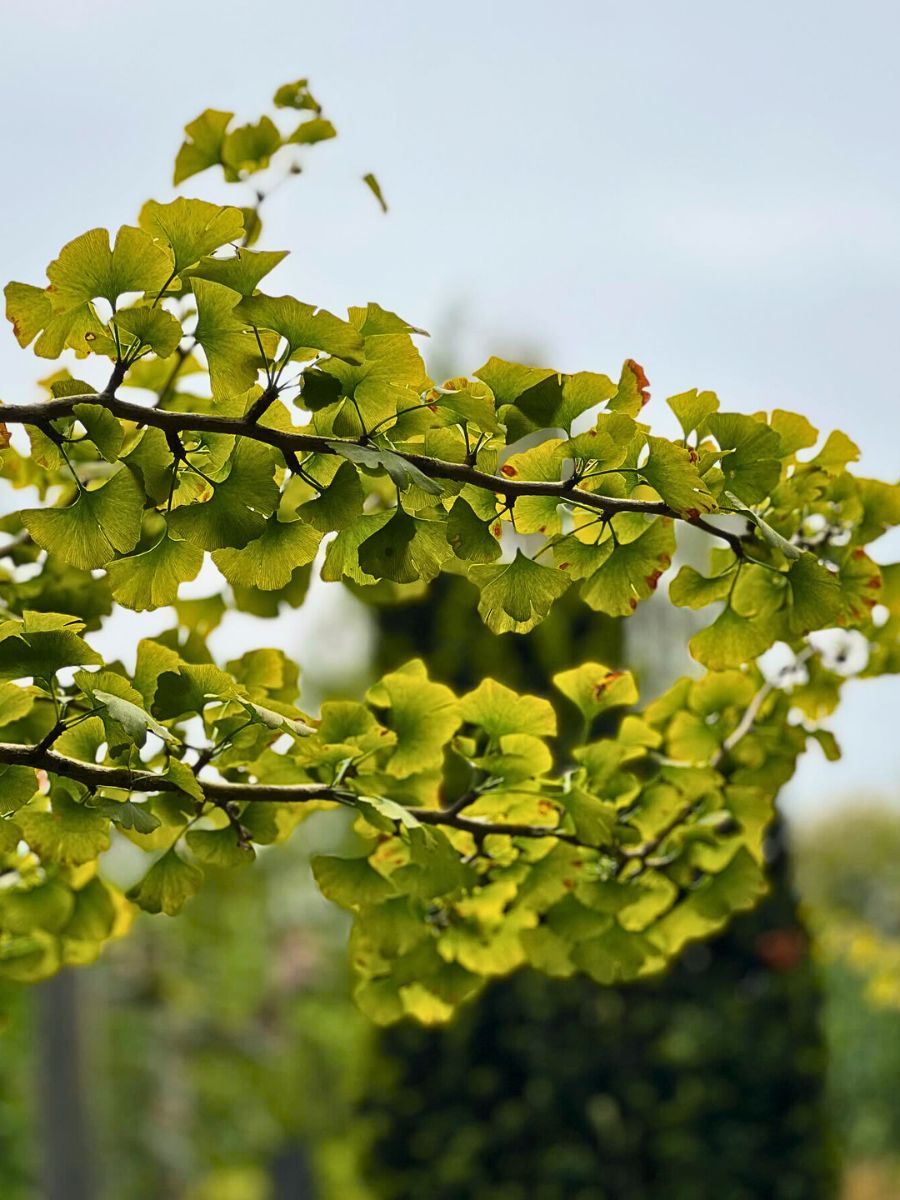
The Therapeutic Advantages of Herbal Skin Care
The superiority of herbs for skin care over synthetic alternatives lies in their diverse ways of approaches to skin health. Unlike chemical products that often address single concerns, herbal ingredients provide comprehensive benefits through their complex molecular structures. Herbs for skin inflammation work by targeting multiple inflammatory pathways simultaneously, providing more effective and longer-lasting results.
Furthermore, when one thinks of what herbs are good for the skin, the options extend way past immediate cosmetic benefits. Many medicinal plants and herbs for the nervous system recognize that stress and anxiety significantly impact skin condition. This approach, therefore, addresses the root causes of skin problems rather than just treating the symptoms.
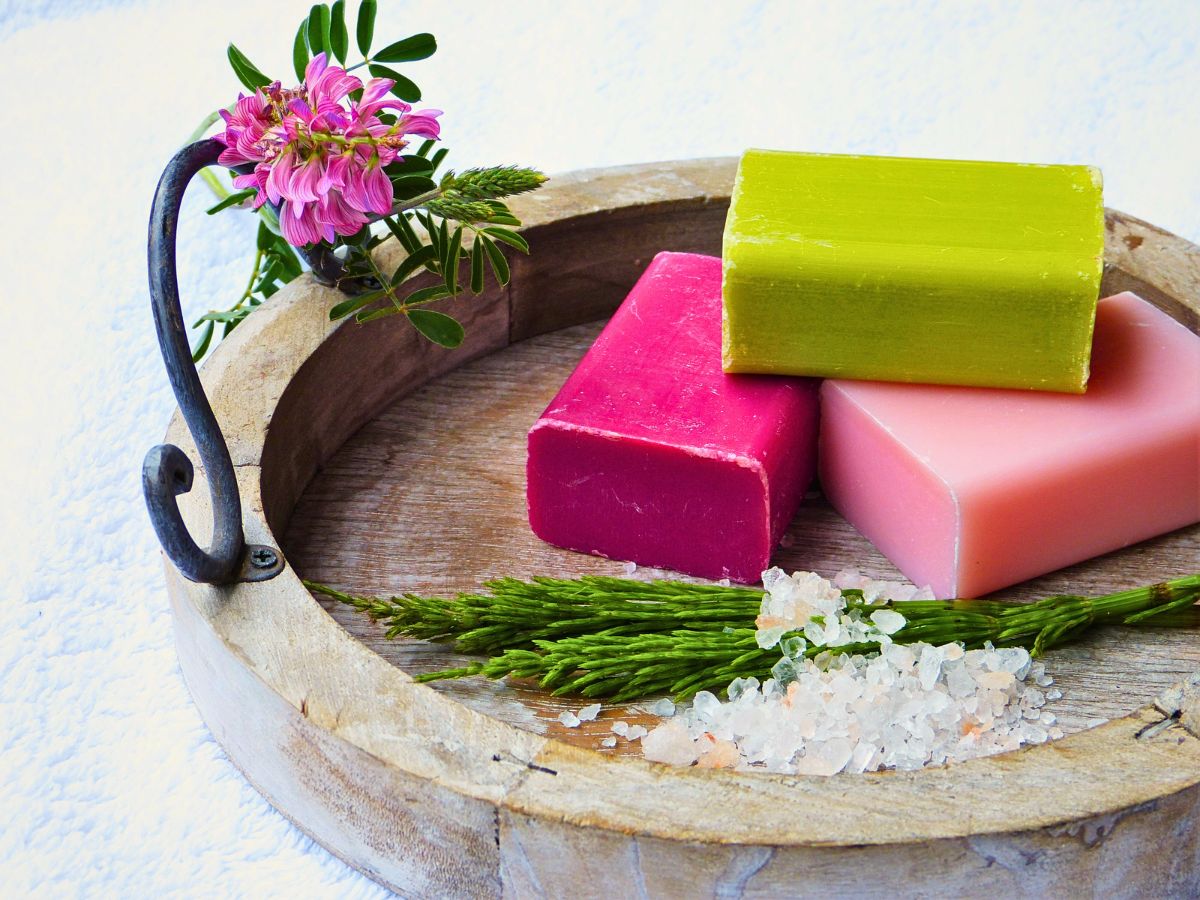
The safety profile of herbal skin care products also makes them particularly appealing to users with sensitive skin or those concerned about long-term health effects. Specifically, herbs for the skin are typically free from harsh chemicals like parabens, sulfates, and synthetic fragrances that can cause irritation, allergic reactions, or hormonal disruption.
Incorporating Herbs into Your Skin Care Routine
When selecting the ideal herbs for skin care routines, it is essential to choose high-quality, properly extracted ingredients. The best herbs for perfect skin health can be incorporated through different forms, including essential oils, extracts, teas for topical application, and specially formulated herbal skin care products.
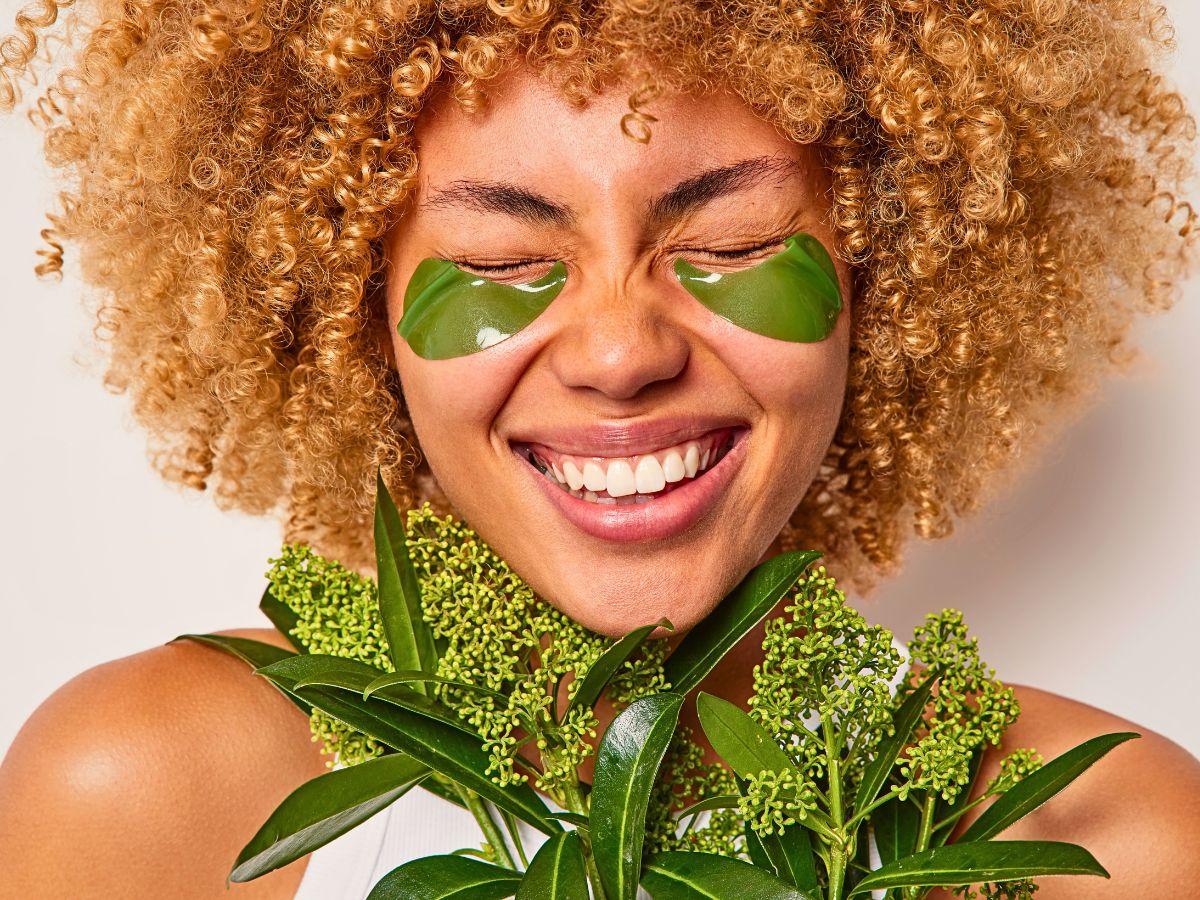
For those dealing with skin inflammation, starting with gentle options like chamomile or aloe vera can provide easy and immediate relief while building tolerance for other stronger herbs like tea tree or neem. But fundamentally, understanding which herbs are good for one’s skin, and for other specific concerns, allows for targeted treatment approaches that address individual needs effectively.
It All Lies in Nature’s Ancient Skin Care Wisdom
The efficacy of the herbs for the skin summarizes thousands of years of gathered wisdom, corroborated by modern scientific research. These naturally therapeutic plants offer safe, effective, and sustainable solutions for achieving healthy, radiant skin while supporting overall wellness through their connections to others, like those herbs that are suitable for the nervous system.
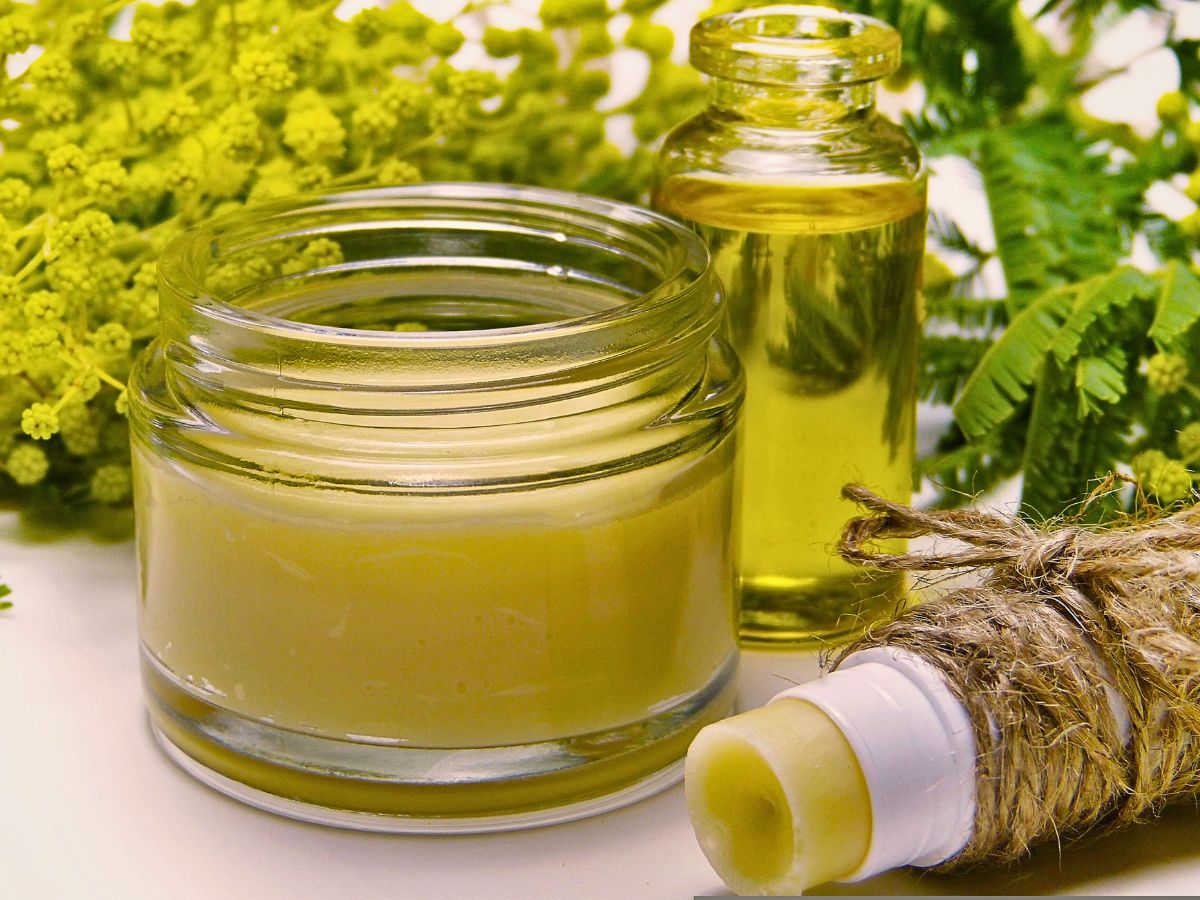
Studies continue to explore and understand the multipart relationships between plant compounds and skin health; thus, the best herbs for skin care will undoubtedly play an increasingly important role in the future of beauty and wellness. That aside, with these time-tested natural remedies in skin care routines, people can harness the power of nature to attain the healthy, glowing skin that reflects their inner vitality.

